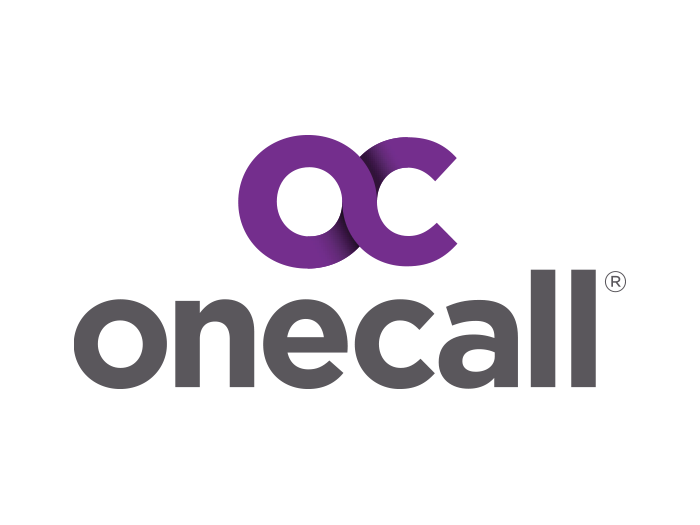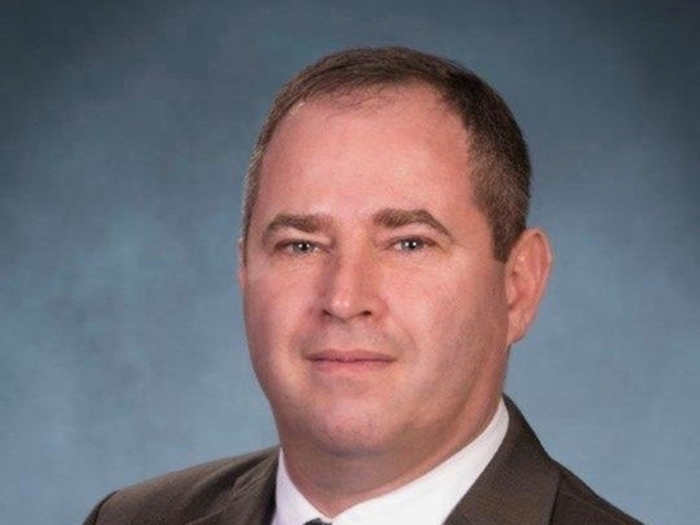Risk Insider: Nir Kossovsky
Schooling the NFL in Reputation Management
Back in the dark ages before the Internet, players on the gridiron were expected to play brutally hard for fans who sat through sometimes equally brutal weather.
Advertisers targeted the demographic with beer and pickup trucks, and paid enough for the privilege to enrich television networks, team owners and the tax-exempt league organization.
Football was entertainment for many, and a religion for many more. Winning was everything — a cultural obsession that over time sustained a range of abusive practices.
In 2009, Eric Olson, senior vice president at BSR, a social responsibility consultancy, warned that “hyper-transparency” enabled by the Internet would change the boundaries used to assess a company’s scope of control, and its degree of accountability and responsibility.
Football’s first major media sensation along these lines was the 2011 Penn State football coach child sex abuse scandal. It was a warning shot for the professional league. In rapid succession, stakeholders have made it clear to the NFL that the intangibles of quality, safety, and ethics on and off the field must now be intrinsic to the sport.
Two years ago, after labor issues simmered all summer between the league and its referees, a Monday night game between Seattle and Green Bay was marred by a disputed touchdown call by substitute referees.
Fans were livid. Vikings punter Chris Kluwe wrote that the NFL’s reputation “is tarnishing faster than a sailor’s virtue in a two-dollar whorehouse.”
“These refs are not fit to stand in for the men you’ve locked out for what is increasingly looking like nothing more than simple greed—attempting to squeeze blood from a stone simply because you can,” Kluwe wrote to NFL Commissioner Roger Goodell in an open letter.
In rapid succession, stakeholders have made it clear to the NFL that the intangibles of quality, safety, and ethics on and off the field must now be intrinsic to the sport.
Last year, the NFL agreed to pay $765 million to settle hundreds of cases accusing it of hiding information about the dangers of concussions, naively hoping that fans would refocus on the players and the games that make the sport a national obsession.
But to the NFL’s stakeholders, the game no longer exists in a vacuum.
The current reputation scandal centers on domestic violence. Stories and videos of beatings are illustrating graphically the meaning of hyper-transparency. Hannah Storm, anchor of ESPN’s SportsCenter, closed her review of the weekend NFL games in September by questioning if the league she enjoys actually cares about female fans, families, or the issue of domestic violence.
“What exactly does the NFL stand for?” she asked rhetorically at the end of the Monday morning program.
Storm could have been channeling The Walt Disney Company, which owns ESPN. In the age of hyper-transparency, stakeholder expectations have never been higher, and tolerance for errors has never been lower – disappoint them and they will punish you.
In the entertainment business Disney know so well, managing reputation is a business imperative.
Read all of Nir Kossovsky’s Risk Insider contributions.










